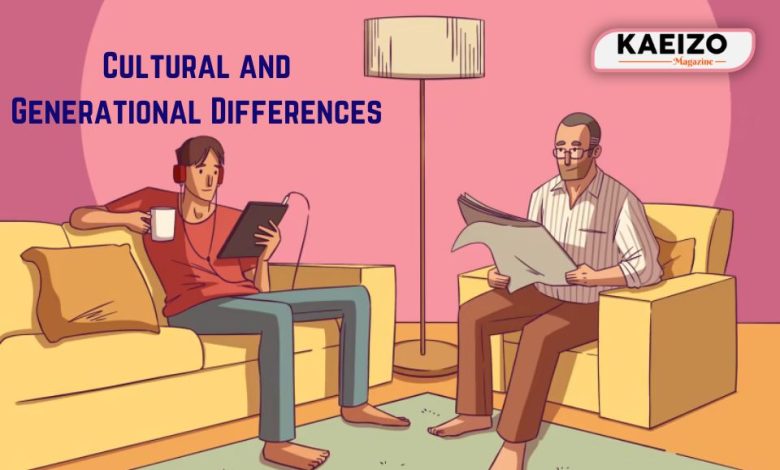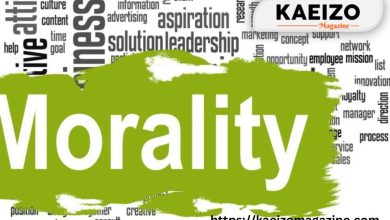
Here’s a deeper look into these differences:
- Generational Differences:
- Values and Beliefs: Each generation often holds distinct values shaped by the historical and social context of their upbringing. For example, attitudes towards work, marriage, education, and authority may vary significantly between generations.
- Communication Styles: Generations may communicate differently, influenced by technological advancements, social norms, and societal changes. This can sometimes lead to misunderstandings or barriers in communication within families.
- Role Expectations: Expectations about roles within the family (such as parenting, caregiving, decision-making) may differ across generations due to evolving social norms and economic conditions.
- Adaptation to Change: Different generations may respond differently to societal changes, such as technological advancements, globalization, or shifts in cultural attitudes.
- Cultural Differences:
- Values and Traditions: Cultural backgrounds shape fundamental values such as respect for elders, importance of family ties, attitudes towards authority, and approaches to gender roles.
- Communication Patterns: Cultural differences often manifest in communication styles, including directness, use of gestures, tone of voice, and interpretation of non-verbal cues.
- Family Structure: Cultural backgrounds influence family structures, such as extended families living together or dispersed, and the roles and responsibilities assigned within those structures.
- Cultural Celebrations and Rituals: Different cultures have unique traditions, ceremonies, and celebrations that play a significant role in family life and identity.
- Navigating Cultural and Generational Differences:
- Awareness and Understanding: Recognizing and respecting differences in values, communication styles, and traditions can foster mutual understanding and respect within the family.
- Open Dialogue: Encouraging open communication about cultural and generational differences can help bridge gaps and build stronger family relationships.
- Celebrating Diversity: Embracing and celebrating the diversity within the family can enrich family experiences and create opportunities for learning and growth.



